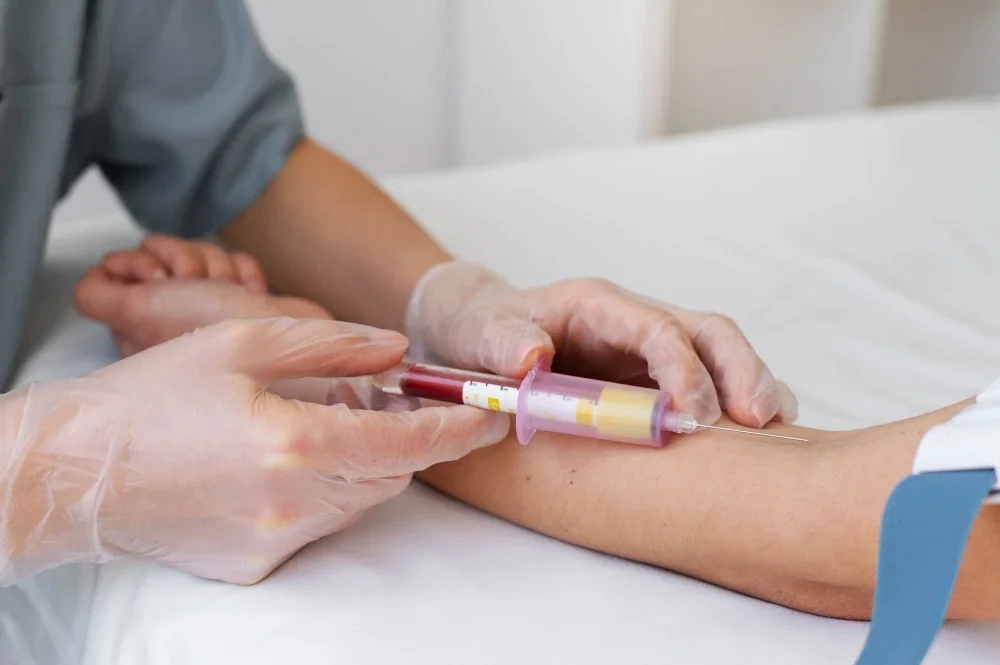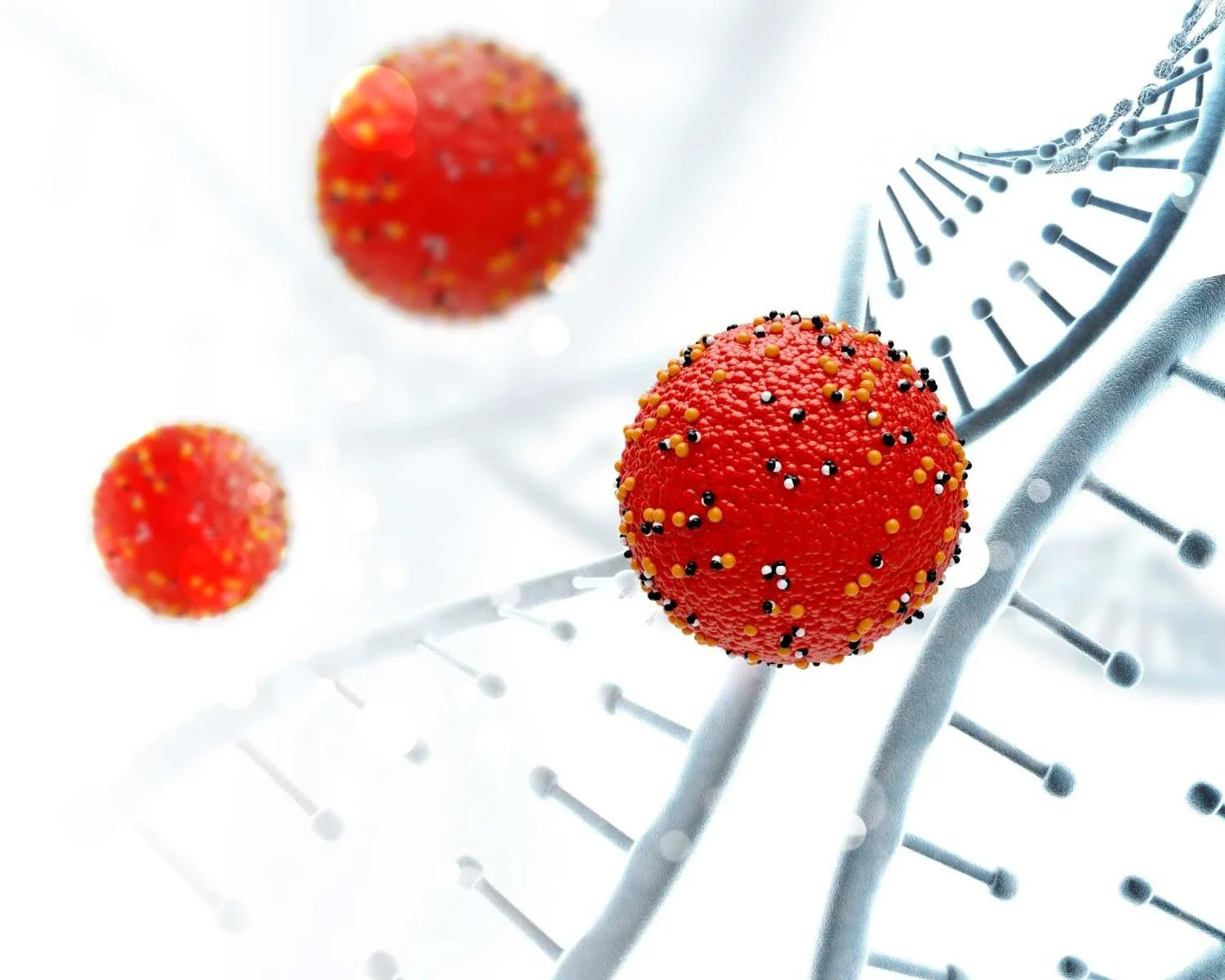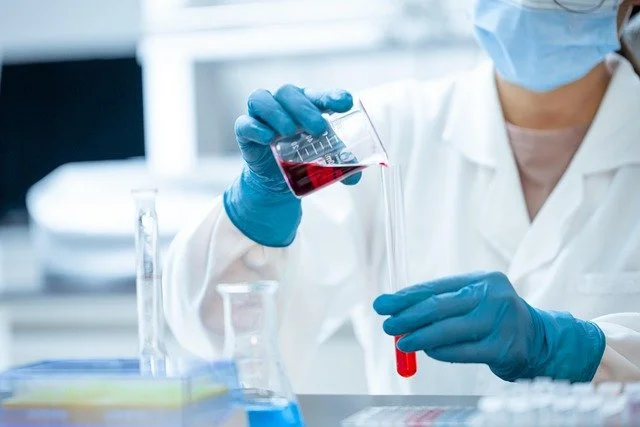Cath Lab
A catheterization laboratory (Cath Lab), commonly known as a cath lab, is a technologically advanced examination room in JIET hospital with diagnostic imaging equipment used to visualize the arteries & chambers of the heart. It's a crucial environment where patients undergo catheterization, a process wherein a long, thin tube called a catheter tube is inserted into a large blood vessel that leads to the heart, providing comprehensive and real-time imaging to help diagnose and treat cardiovascular conditions.
Expertise, Innovation, and Experience:
Expertise: The Cath Lab at JIET Hospital is staffed by a team of board-certified cardiologists, cardiovascular surgeons, and highly trained medical professionals with vast experience in interventional cardiology. These experts are adept in handling complex cardiac cases, providing top-tier patient care, and implementing individualized treatment plans.
Innovation: Keeping stride with the latest advancements in medical technology, JIET Hospital's Cath Lab is equipped with cutting-edge medical apparatus. This includes high-resolution imaging devices, pressure wire technology for fractional flow reserve (FFR) assessment, and advanced systems for electrophysiological mapping. The innovative technology aids in enhancing precision in both diagnosis and treatment, ensuring safer procedures with higher success rates.
Experience: JIET Hospital has a long-standing history of excellence in cardiac care. The seasoned team has successfully performed thousands of diagnostic and interventional procedures, including coronary angiographies, stent placements, and valvuloplasties. This wealth of experience is complemented by a continual focus on research and education, allowing the team to stay at the forefront of emerging techniques and treatments in cardiac care.
Advanced Diagnosis and Treatment:
JIET Hospital's Cath Lab is instrumental in offering advanced diagnostic tests and less invasive treatments than traditional surgeries. These include:
Coronary Angiogram: Utilizing intravascular ultrasound technology, the team can visualize the inside of blood vessels, helping diagnose conditions accurately and plan effective treatments.
PCI (Percutaneous Coronary Intervention): Also known as coronary angioplasty, PCI is performed to open blocked coronary arteries and restore arterial blood flow without needing open-heart surgery.
Stent Placement: Through drug-eluting stents, patients benefit from reduced risk of restenosis and improved arterial healing.
Electrophysiology Studies (EPS): These studies test the heart's electrical activity to understand the nature of abnormal heart rhythms (arrhythmias).
Cardiac Ablation: A procedure used to scar or destroy heart tissue that allows incorrect electrical signals to cause an abnormal heart rhythm.
Valvuloplasties: Minimally invasive procedures to repair stiff heart valves.
Services:
The Cath Lab at JIET Hospital provides various services, including 24/7 emergency care for heart attack patients, a dedicated arrhythmia center for managing irregular heartbeats, and a structural heart program that addresses congenital and acquired conditions like septal defects and valve stenosis. Furthermore, the lab offers a preventive program focusing on heart health education, lifestyle coaching, and early detection of cardiovascular diseases.
JIET Hospital's commitment to excellence, patient-centered care, and continual innovation in its Cath Lab services solidifies its status as a leading institution for cardiac care. Patients receive immediate access to high-quality treatment and benefit from the hospital's holistic approach to aftercare, which includes rehabilitation, support groups, and ongoing education to promote long-term heart health.
Blog
FAQ’s
-
A Cath lab (Catheterization Laboratory) is a specialized facility in a hospital where doctors perform minimally invasive tests & procedures to diagnose and treat cardiovascular conditions using catheters.
-
The Cath lab is equipped to perform a range of procedures, including but not limited to coronary angiography, balloon angioplasty, stent placement, electrophysiological studies, and pacemaker implantations.
-
While Cath lab procedures are generally safe, all medical procedures carry some risk. Potential risks include bleeding, infection, damage to blood vessels, and adverse reactions to contrast dye. It's crucial to discuss any concerns with your doctor.




